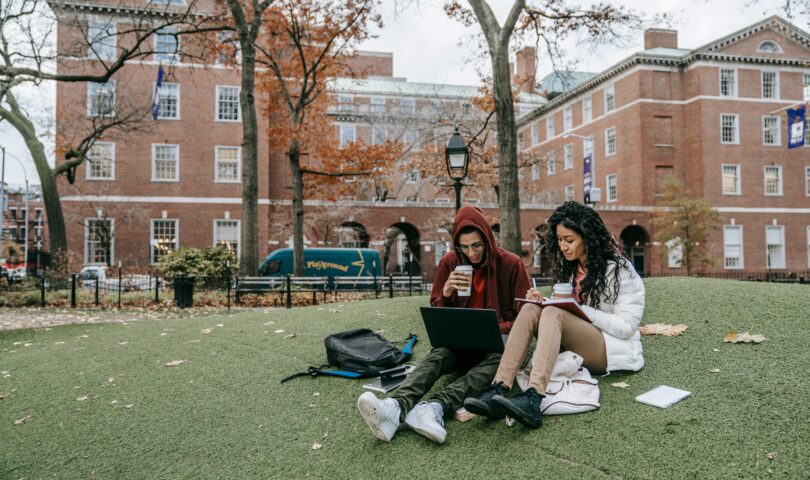
Politics are a form of agreements and a set of activities associated with power, communities, trades, decision-making and other forms of relations. In some foreign countries, such as Canada, France and Brazil, there are multiple political parties. This differs from the United States of America, where there are only two major political parties.
In recent years, American politics have become a part of citizens’ everyday lives, to the point where their decisions, socialization and lifestyles are heavily impacted. One of the most common places to see how effective politics play into the roles of everyday lives are higher educational institutions across the nation.
According to the Education Writers Association, over 40% of principals and teachers reported how politics impacted their careers, causing stress to occur more in school rather than outside of school. They also wrote “higher education is not immune to the impact of politics,” proving that students are indeed impacted by politics with their decision-making, life, career choices and friendships.
Conflict will intensify if students don’t learn to be open with one another and respect each other’s beliefs, whether they agree or disagree.
Back in 2022, a survey done by the University of North Carolina showed that students had a difficult time openly expressing their political beliefs. So what can we do to prevent politics from negatively impacting higher educational students and faculty?
Most universities and colleges in America are liberal, including Ramapo College of New Jersey. Liberal higher education institutions give students an education evolving around the sciences, arts and humanities and social sciences, along with the freedom to speak their minds and participate in activities that allow them to openly express themselves.
In spite of that, the American Enterprise Institute proved through their research and surveys that on liberal college campuses, students who identified themselves as conservative felt they were “silenced” and the other students identifying themselves as liberals felt uncomfortable sharing their ideas. Overall, surveys proved how all students, conservative and liberal, had a hard time opening up and sharing their true opinions due to the fear of offending their classmates.
Conflict will intensify if students don’t learn to be open with one another and respect each other’s beliefs, whether they agree or disagree. The reason for this issue frequently occurring is because students aren’t willing to be uncomfortable listening to different point-of-views.
Verywell Mind states that being uncomfortable is good for individuals to grow and learn. If one is not willing to step outside of their comfort zone, try new things and listen to different perspectives, they will not develop, mature and become a better, open-minded person.
Open-mindedness allows one to express their own beliefs while being empathetic and considerate of others. Higher education institutions need to teach and encourage their students to step out of their comfort zones, so as they grow and develop into adults, they can shift their mindsets from fixed to open-minded.
To prevent politics from negatively impacting students and faculty in higher education, we must be willing to take others into consideration and learn from them, whether we agree with them or not, and respect their opinions and perspectives. If an individual isn’t willing to embrace being uncomfortable, then they won’t learn and grow. Getting comfortable with being uncomfortable and broadening your horizons is the only way that change will occur for the greater good.
vgiorda1@ramapo.edu
Featured photo courtesy of Keira Burton, Pexels






